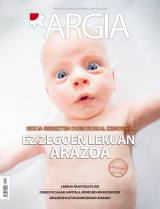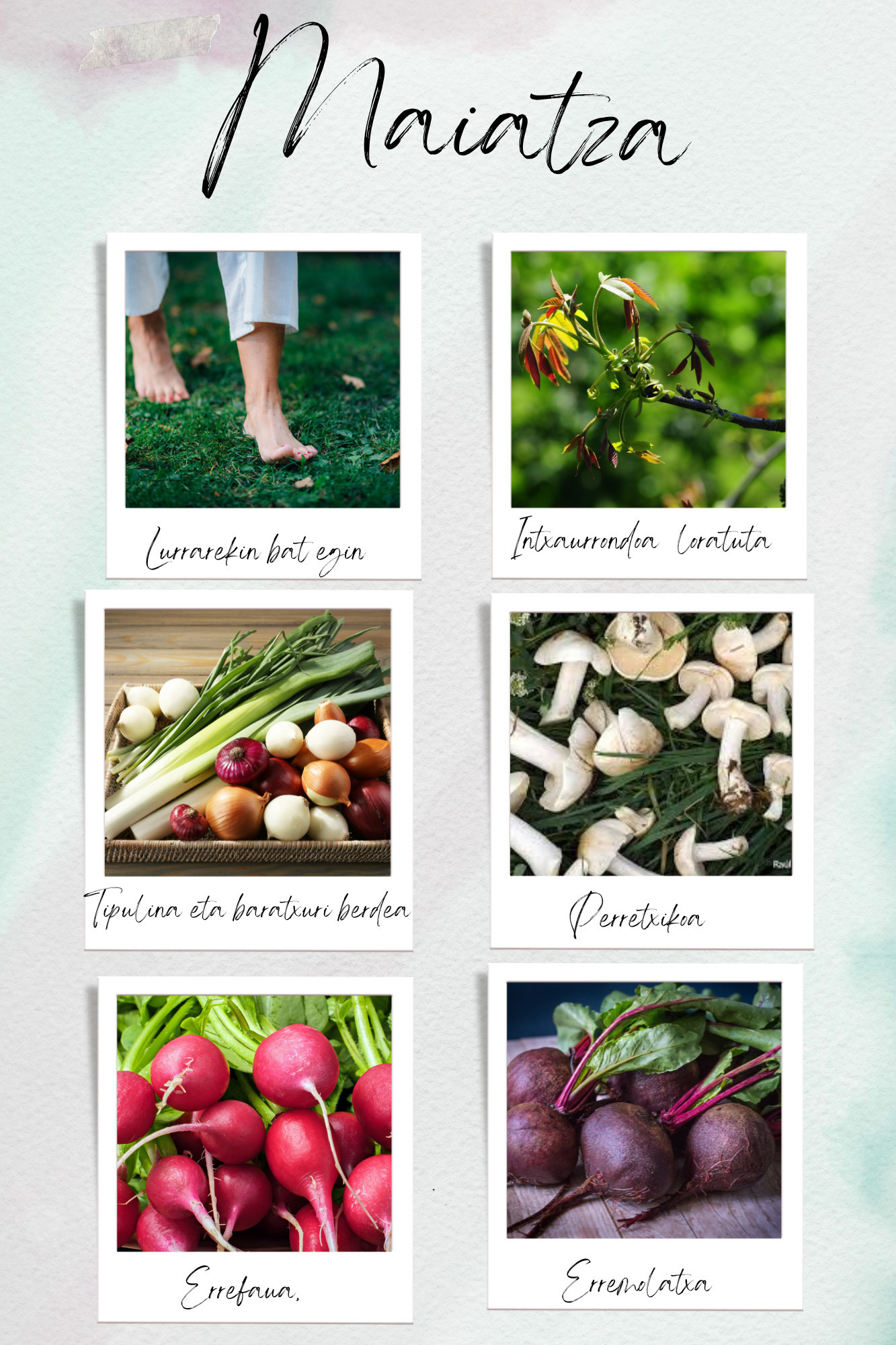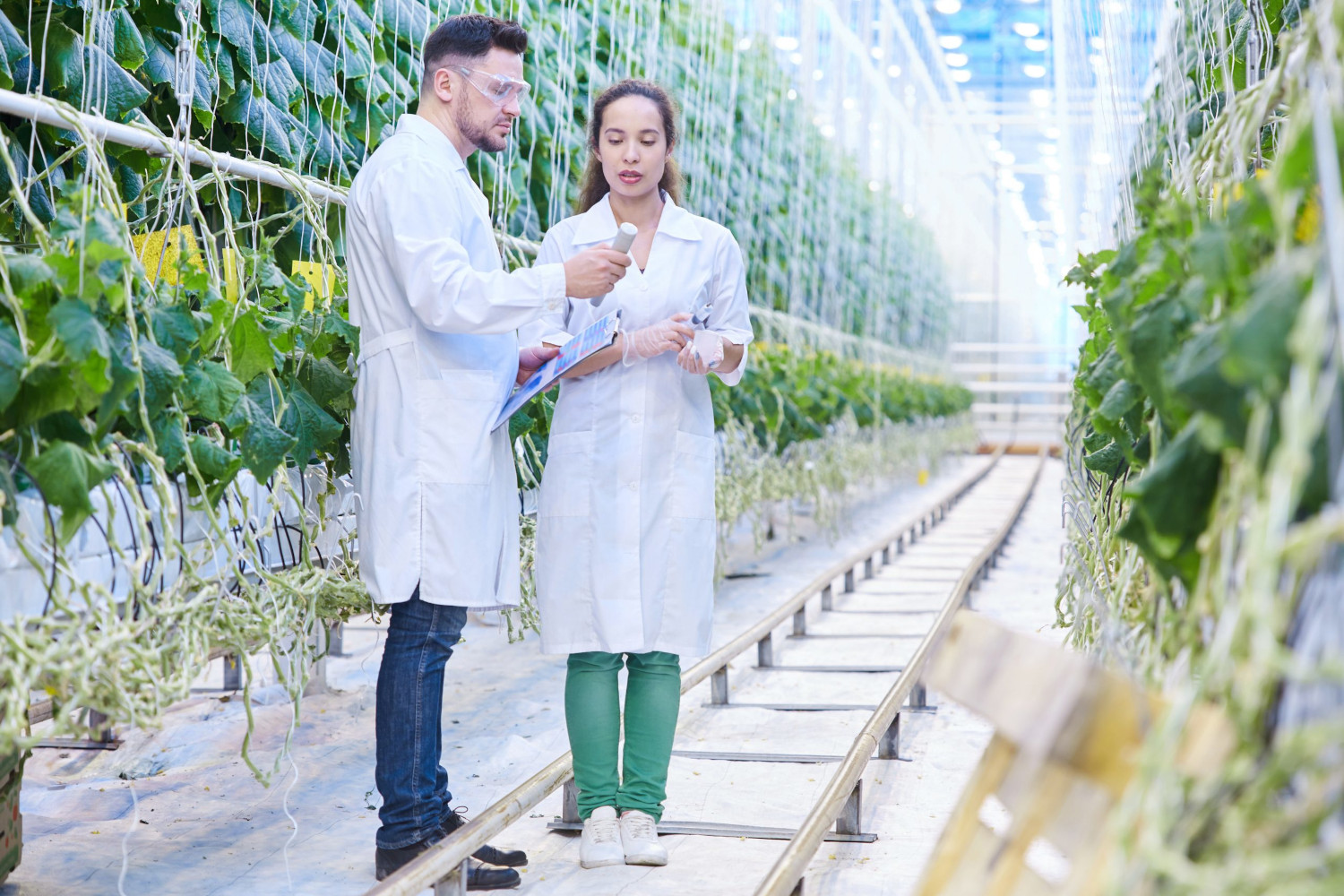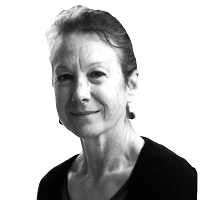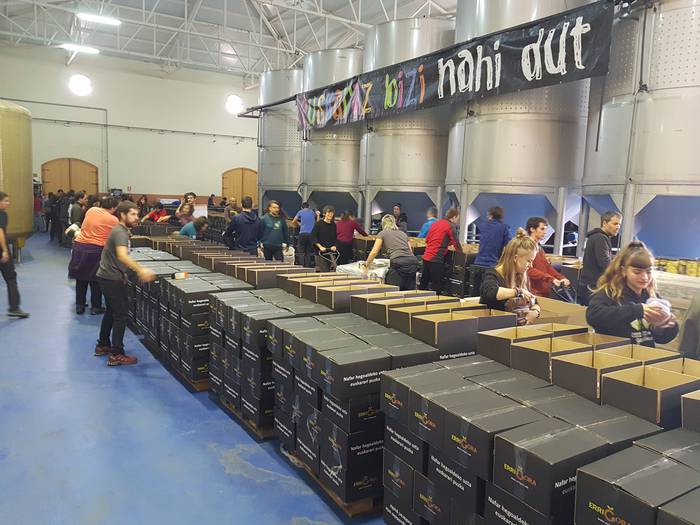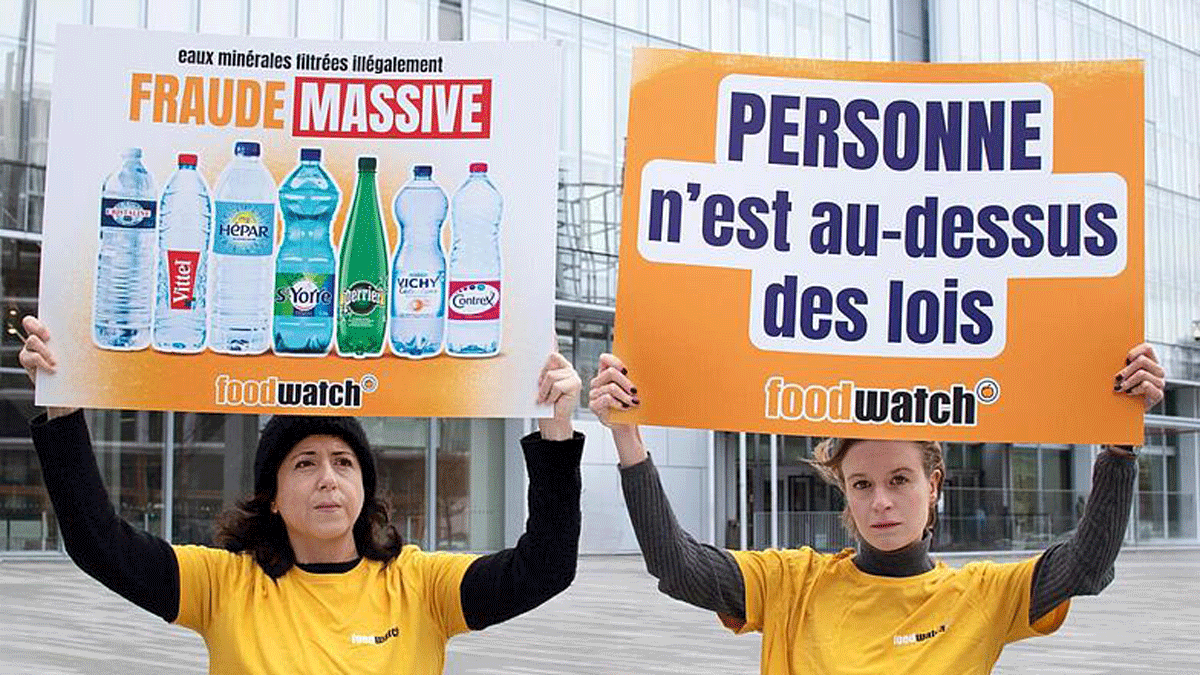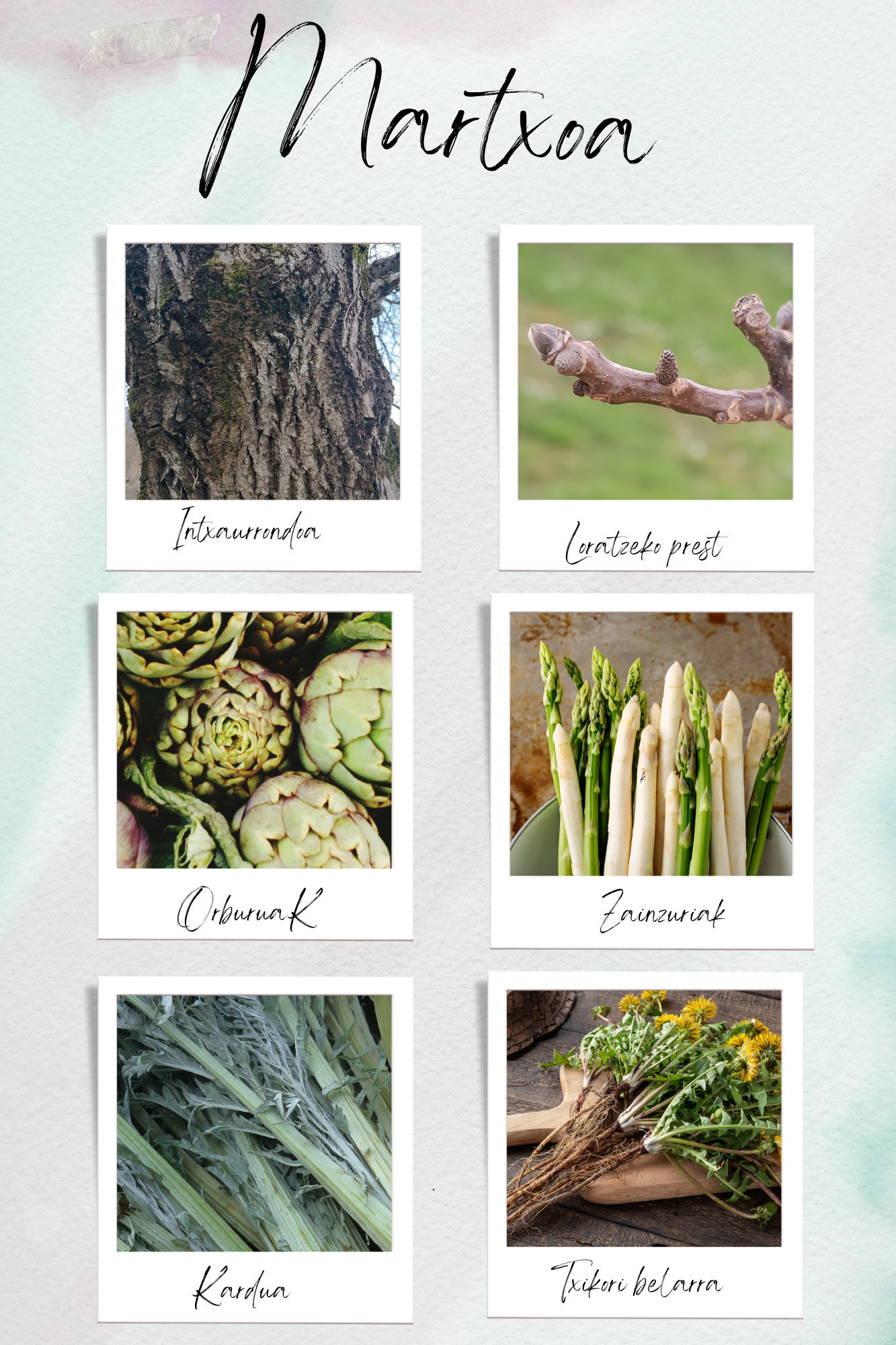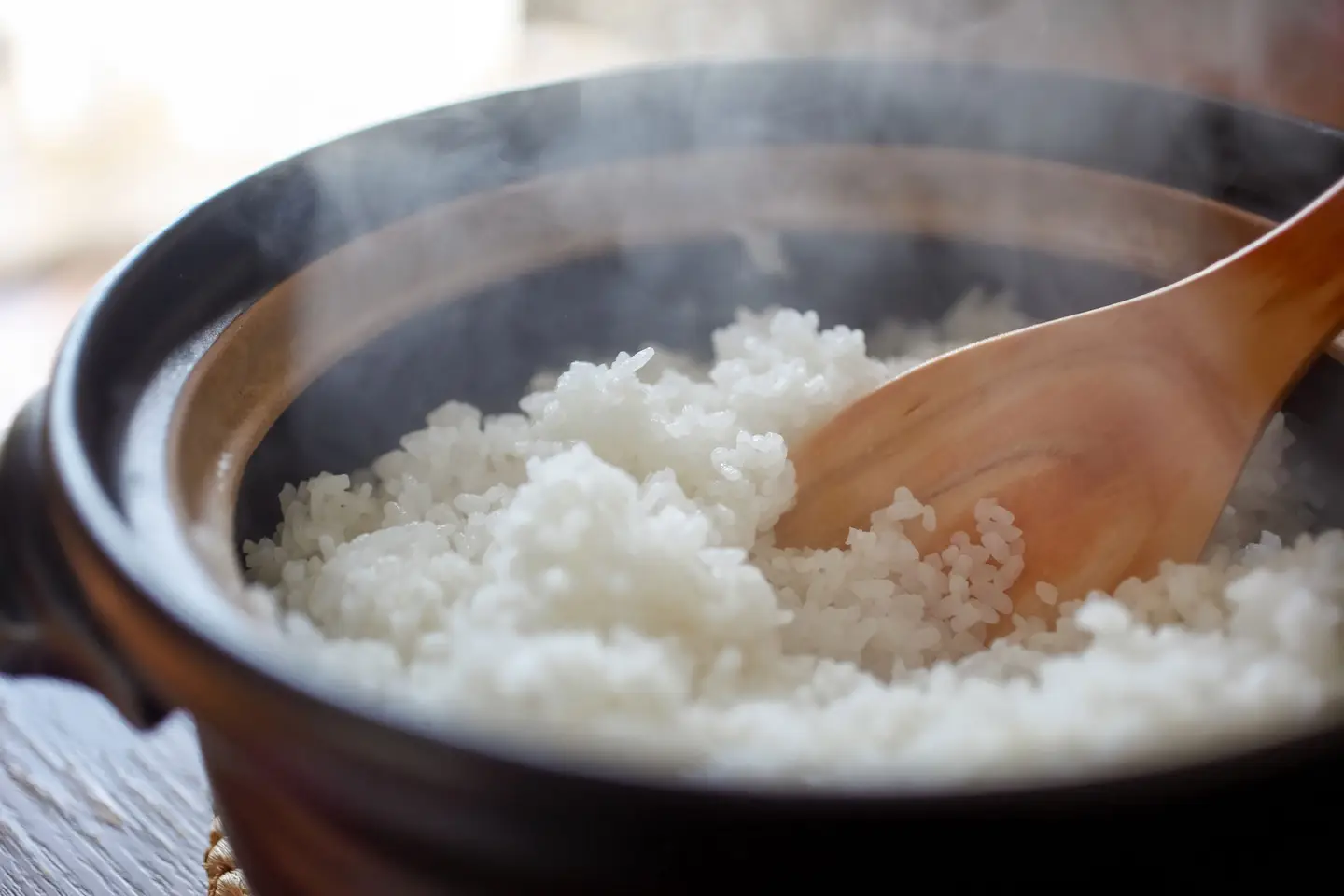"My production is as environmentally friendly as possible to make the soda as healthy as possible"
- In the food shops and bars of different localities of Gipuzkoa there is a striking product, the refreshing Korricola, or the “Basque tail”, as its creator has called it. Iván García Caballero (Lasarte-Oria, 1982) is in charge of launching the project. Soda does not have sugar or calories, and when there is a chance, García distributes the bottles by bike. The name of the beverage has also given much to talk about: Who's the runner?
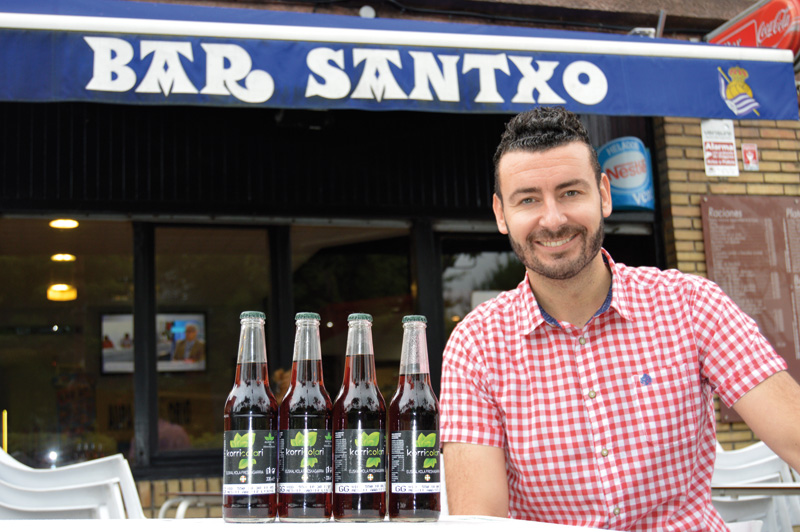
We met Ivan Garcia at the bar Santxo de Lasarte-Oria, where he works. There he keeps the Korricolaris bottled in Olite and distributes them by bicycle. Asked about the creation of the initiative, lehendakari has been withdrawn for two years.
In 2014, he started running and started racing with a lot of excitement. “I wanted to lose a few pounds and change everyday habits. In one year, I made 64 races and lost 20 kilos. It was like recycling myself.” At that time he realized that he had thrown away some values: “Humility, teamwork, friendship... In the races, I saw that people were putting all of that into practice. I liked, for example, to see that lunches were being distributed in the towns with a lot of illusion. Just to create environment, non-profit.”
In 2015, he continued to participate in races, but less frequently. “I reflected deeply on the steps taken, the lifestyle chosen and the new way of looking at the environment, and felt the need to go one step further along that path.”
García is dedicated to hospitality, and it occurred to him to associate this field with sports. “I wanted to create a drink, a drink or a beer, in tribute to the world of sport. In the case of beer, I saw that there was a lot of supply and a lot of local competitiveness. Then I thought about making a refreshing tail.”
Added value, destination
Lasartearra sought a drink with “added value” for people to see that there are reasons to buy it. He spent over a year looking for components and a bottling company. Finally he found it in Olite, Navarra, and after collecting a number of ingredients, he got the formula: “It’s been an experiment. It’s the only state-level soda with these ingredients, there’s nothing like that.”
The result is Korricolari, a sugar-free soda and no calories. It has a special component: stevia. “I chose that plant because of its characteristics. It’s very good for health.”
Korricolari.eus has explained the details of stevia on its website, where URL 0 is located. It is the natural seasoning used until recently in South America, without calories or carbohydrates. In our case, it has started to use it as a sweetener to replace sugar.
She's been selling Korricola for a month and a half. It can be found in Lasarte, Donostia, Zarautz, Astigarraga, Usurbil, Hernani and Irun.
The delivery is carried out on a bicycle with two boxes. That's your sign of identity. “People ask: Where's that going? They told me about everything: sharpener, vegetable spreader…”.
As for the curiosity about the bicycle, García is clear. “Then you have to explain to people that there is no similar drink, that it is a soda that differs from others. Besides being here, it has an added value to make it competitive.” Korricolari has two main features: it has no sugar or calories.”
It talks about humor about the form of distribution. “Even if it sounds ridiculous, to start with, it’s been a marketing strategy. I wanted people to talk about Korricolari. In addition, I found it very interesting to recover the traditional distribution, as in the past the milk distributor did. I wanted to show that today it is possible to recover them.”
It says it makes separation very fast. And it's striking. “People see you and, in addition to the product, it offers them something different. I’m very happy with the bike.”
No wish to compete, but I would have an order
Garcia does not intend to compete with major brands like Coca-Cola. The philosophy of the initiative is different. “It is true that production is different and that it is not like big companies. But I don't like the word "against," I wouldn't say I'm against that mass production. We are talking about multinationals. I am a natural person, with an idea, and most importantly, with a real story. My way of production is as environmentally friendly as possible, to make the soda as healthy as possible.”
He says that in the last decade people have created a refreshment following the desire to take care of themselves: “Often the consumer looks at the power supply to know where it comes from and what ingredients it contains. I thought there was room on the market for Korricolari.”
He stresses that soda contains 100% ingredients in its label. “It often doesn’t happen.”
As for the name, he decided to write with ‘k’ to identify himself as a local product. “The second left him with ‘c’ to see clearly the word ‘tail’, to attract as many people as possible.”
Welcome and desire to expand the company
It has over a hundred customers and many have made the request for the second time. The main customers are bars, but there are also food shops, such as butchers. “In stores that sell products such as txakoli or cider, many want to have a Basque tail,” says García.
It started with 4,000 bottles and is now in the process of selling another 10,000. “I can’t complain. In Lasarte-Oria, refreshments are sold in over 40 bars. At first people looked at the drink with astonishment: the Basque tail, what is that?”
The woman has kept these 4,000 bottles in the bar Santxo in the capital of Navarra. Garcia works there on weekends and would like to thank the support received, as they were the first to sell to Korricola.
Today, he works alone. Iñigo Alday is a Pamplona who works as a graphic designer. In the short term, it would like to expand the company and create direct or indirect jobs. “If everything goes well, the business will need more people. It may seem that the market in Euskal Herria is small, but it is not.”
It has recently launched the advertising campaign – you have the video on YouTube – and it is still too early to make an assessment. However, in case it is already in contact with a distribution company. You don't know if you're going to be lucky, but at least you don't lack the illusion.
Florentzia, 1886. Carlo Collodi Le avventure de Pinocchio eleberri ezagunaren egileak zera idatzi zuen pizzari buruz: “Labean txigortutako ogi orea, gainean eskura dagoen edozer gauzaz egindako saltsa duena”. Pizza hark “zikinkeria konplexu tankera” zuela... [+]
Udaberrian orain dela egun gutxi sartu gara eta intxaurrondoa dut maisu. Lasai sentitzen dut, konfiantzaz, bere prozesuan, ziklo berria hasten. Plan eta ohitura berriak hartu ditut apirilean, sasoitu naiz, bizitzan proiektu berriei heltzeko konfiantzaz, indarrez, sormen eta... [+]
“Hondakinik ez platerean!”. Hori zen kontsigna gure txikitako otorduetan. Janariak zeozer sakratu bazukeen, batez ere ogiak; lurrera erori eta, jasotakoan, musua eman behar zitzaion. Harik eta adin zozoan mamia baztertzeko moda etorri zen arte, lodiarazten zuelakoan... [+]
Bizkaigane elkarteak elikadura burujabetzan oinarritutako proiektua du Errigoitin (Bizkaia), 1983tik. Instalazioak dauden lur eremutik aterarazi nahi du lur jabeak elkartea. EHNE Bizkaia sindikatuak adierazi duenez, instalazioek lege eta administrazio eskakizun guztiak betetzen... [+]
Martxoaren 10etik 26ra izango da udaberriko kanpaina. 'Beste modura, denona de onura' lelopean arituko dira gertuko ekoizpena, banaketa eta kontsumoa babestu eta sustatzeko, ager zonaldean euskara hauspotzen duten bitartean. Apirila amaieratik aurrera jasoko dira... [+]
Euskal Herriko bi muturretatik datoz Itziar (Bilbo, 1982) eta Ekaitz (Erriberri, 2002), sortzen ari den Burujabetzaren Aldeko Mugimenduaren berri ematera. Euskal Herrian diren burujabetza prozesu ugariak arloz arlo bultzatu eta indartu nahi ditu BAMek. Lan horretan hasteko,... [+]
Ur kontaminatua ur mineral eta ur natural gisa saltzen aritu dira urte luzeetan Nestlé eta Sources Alma multinazional frantsesak. Legez kanpoko filtrazioak, iturburuko ura txorrotakoarekin nahasi izana... kontsumitzaileen osagarria bigarren mailan jarri eta bere interes... [+]
Emakume bakoitzaren errelatotik abiatuta, lurrari eta elikadurari buruzko jakituria kolektibizatu eta sukaldeko iruditegia irauli nahi ditu Ziminttere proiektuak, mahai baten bueltan, sukaldean bertan eta elikagaiak eskutan darabiltzaten bitartean.
Zuhaitza esnatzear dago, kimuak ageri dira adarretan. Gutxi falta da loraldirako, laster aro berria hasiko du, indarberrituta.











